Android device manufacturers may see the new Pixel "Phone By Google" devices as just another competitor, one that likely won't upset their entry-level margins. But that would be a mistake. Pixel is Google's call to action. With Google now offering as near to perfect an Android experience as we've had so far, OEMs that want to keep selling smartphones in a world flooded with them will need to start working for the privilege.
The new Pixel phones exemplify Google's new hardware philosophy—to do it right, you have to do it yourself. Even though the Pixel and Pixel XL were manufactured by HTC, everything was designed and built by Google in order to take Android devices to the next level, as Google spokesperson Iska Saric told WIRED:
We want to continue to see the entire Android ecosystem thrive. With these new phones, we aim to provide the best Google phone experience, which we hope will also contribute to future innovation and development of the ecosystem.
No doubt that's true, and by positioning the Pixel devices at the premium tier (they start at $649), Google is sending a clear message to OEMs. Just because Android is open and available, doesn't mean it should be slotted haphazardly into some cheap plastic brick to get your brand into the smartphone game. There's a good reason why Apple is winning. Apple's customers know what they're getting when they invest (considerably) in a phone. Detractors might argue that what they're getting is just a fancy metal box and a stone-simple OS, but the point is that it's consistently fancy and consistently stone-simple.
Back in 2010, when Android 2.2 Froyo was just coming out, there was a full roster of 60 Android devices from 21 different OEMs. Vic Gunderota, Engineering VP at Google explained that Android was such an important movement because, without the open OS, we would be faced with a "Draconian future, a future where one man, one company, one device, one carrier would be our only choice." Now, 6 years later and with over 24,000 distinct Android devices in the world, we're drowning in choices. And yet the devices themselves are, from the consumer standpoint, mostly interchangeable—purchased on a budget instead of user experience and genuine desire.
We're no longer going to be shy about what we think is the right answer for us. What we are going to do is give the OEM ecosystem a chance to compete, meaning it's a fair playing field.
If all goes to plan, Google's new ecosystem will serve as the North Star (yes, I did) for the companies who choose to continue to build their devices and user experiences around the Android OS. A sort of trickle-down system of hardware and software inspiration that makes right on the promise of the Nexus series. That would be fine.
On the other hand, and where things would get really exciting, is if other OEMs decide they want to make serious plays as well now that Google has shaken them out of the haze of mid-market complacency. Going forward, it will take more than a quality build and a nice camera. With Google offering an end-to-end experience built around the Google Assistant, and Apple maintaining its air of luxury in the consumer mind, the next big thing to happen to mobile computing is going to have to really blow us away.
- Follow Gadget Hacks on Facebook, Twitter, Google+, and YouTube
- Follow Android Hacks on Facebook, Twitter, and Pinterest
- Follow WonderHowTo on Facebook, Twitter, Pinterest, and Google+
Cover image by Google








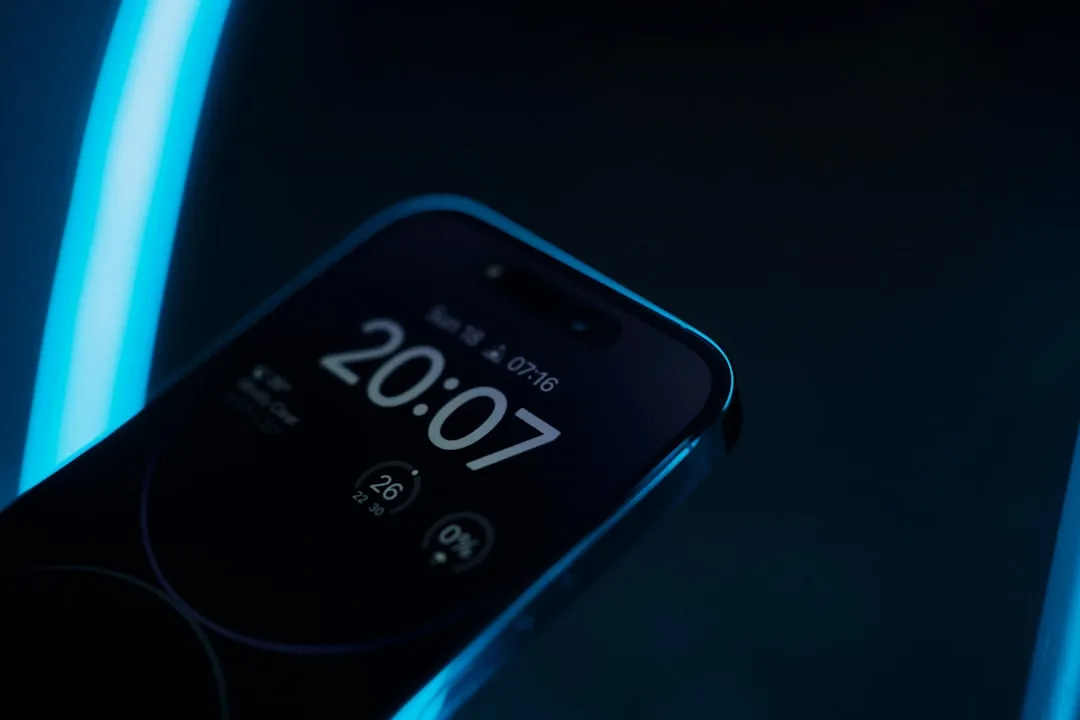

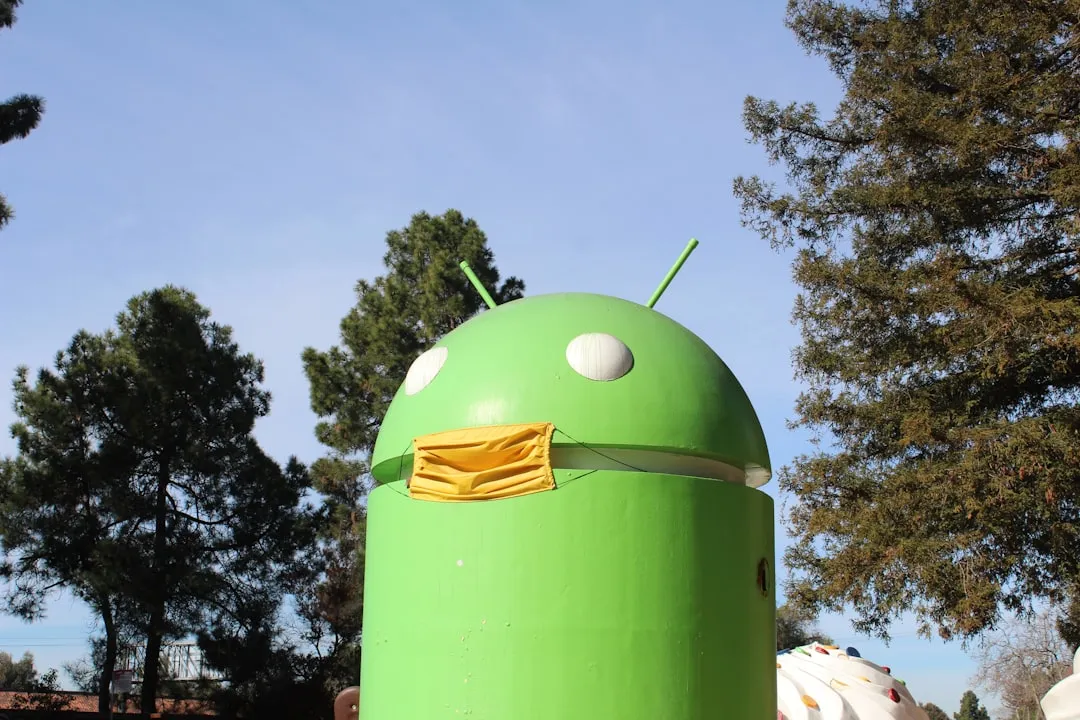

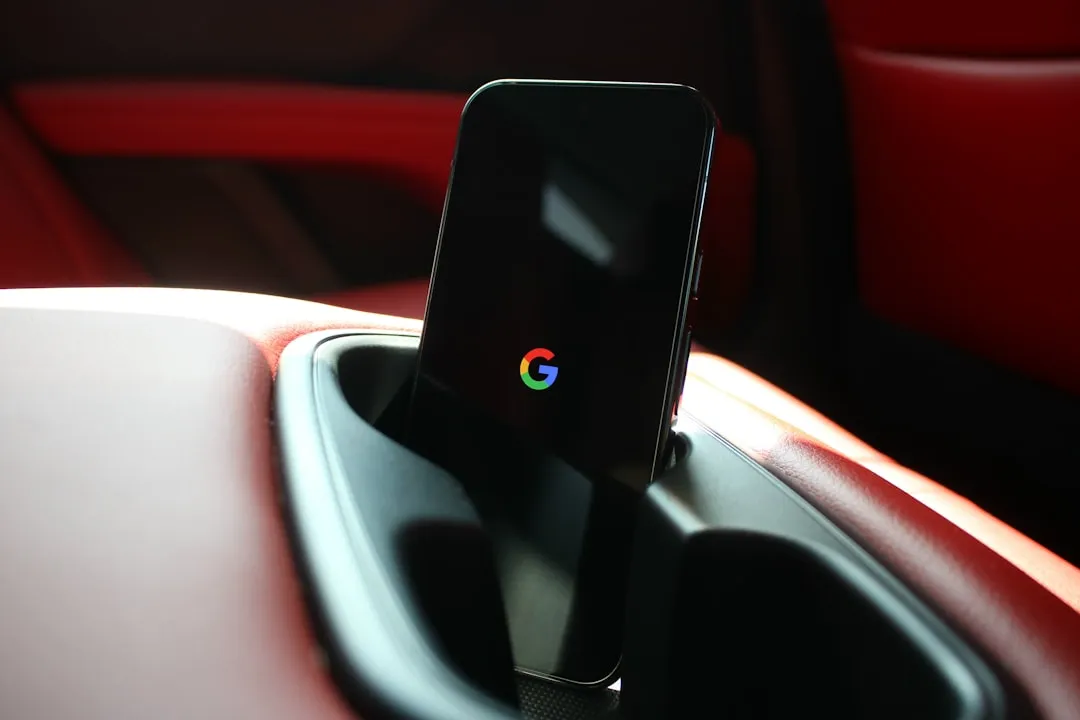
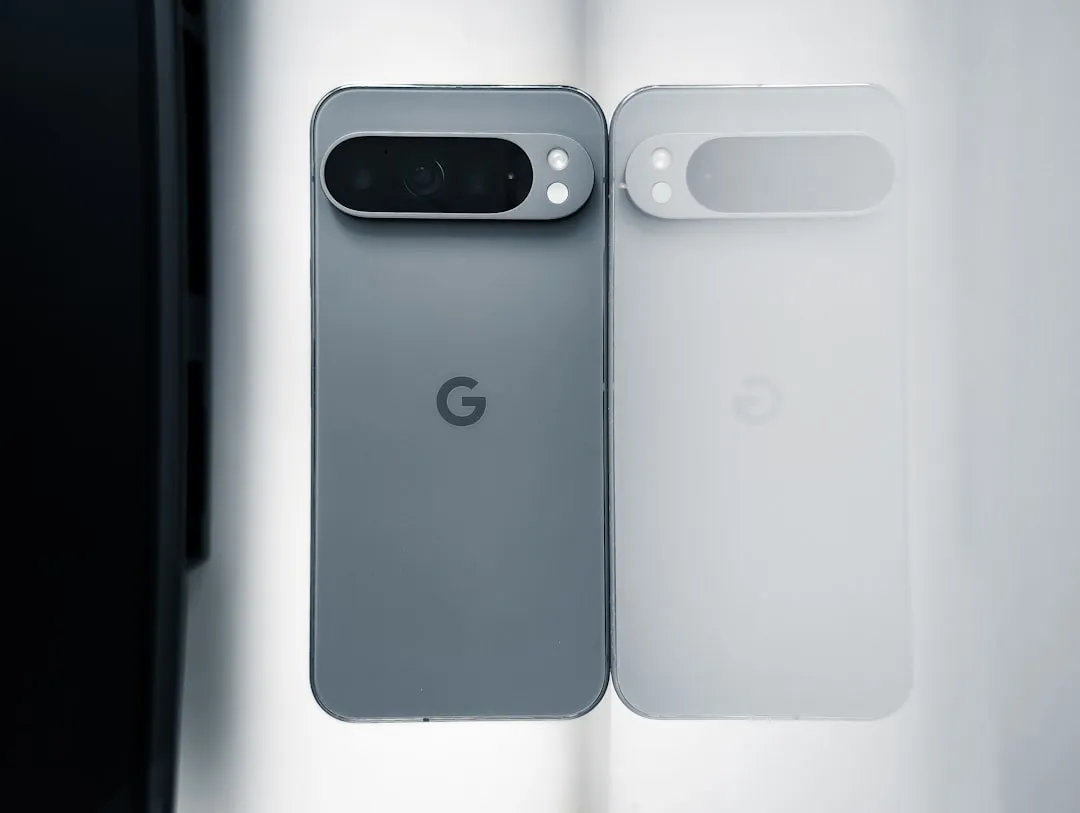

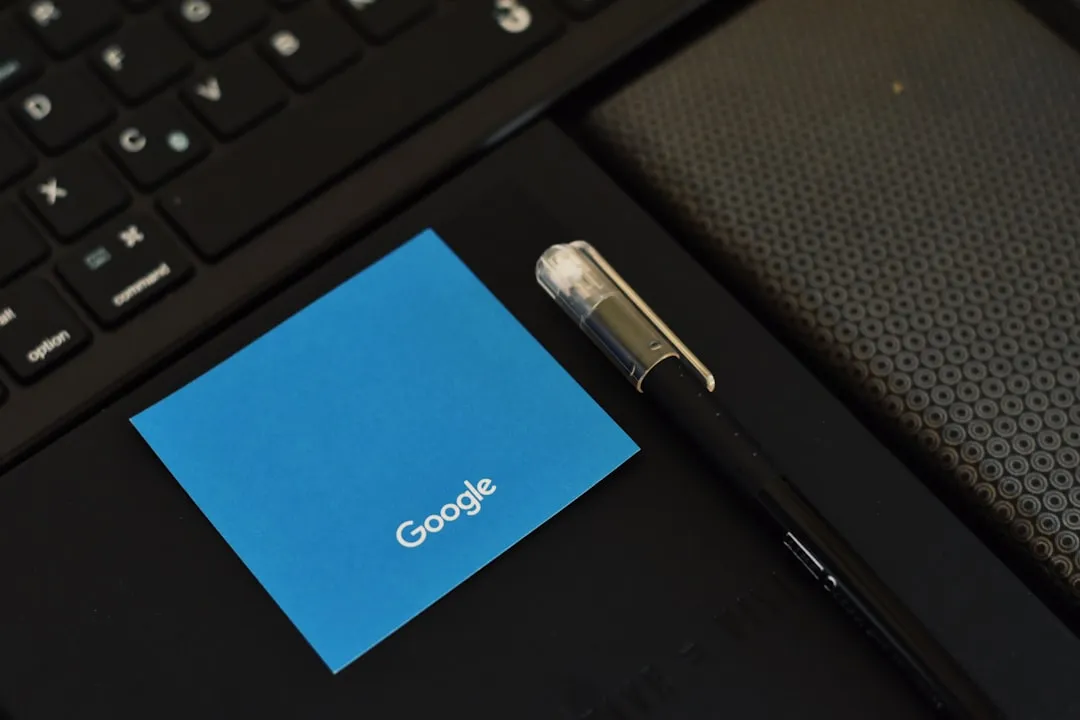
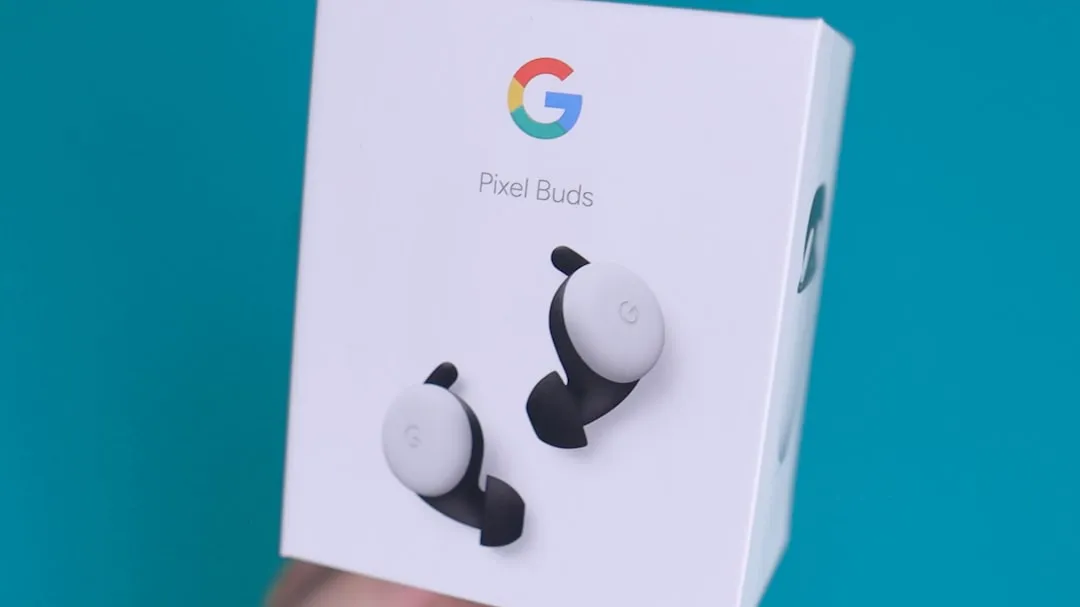


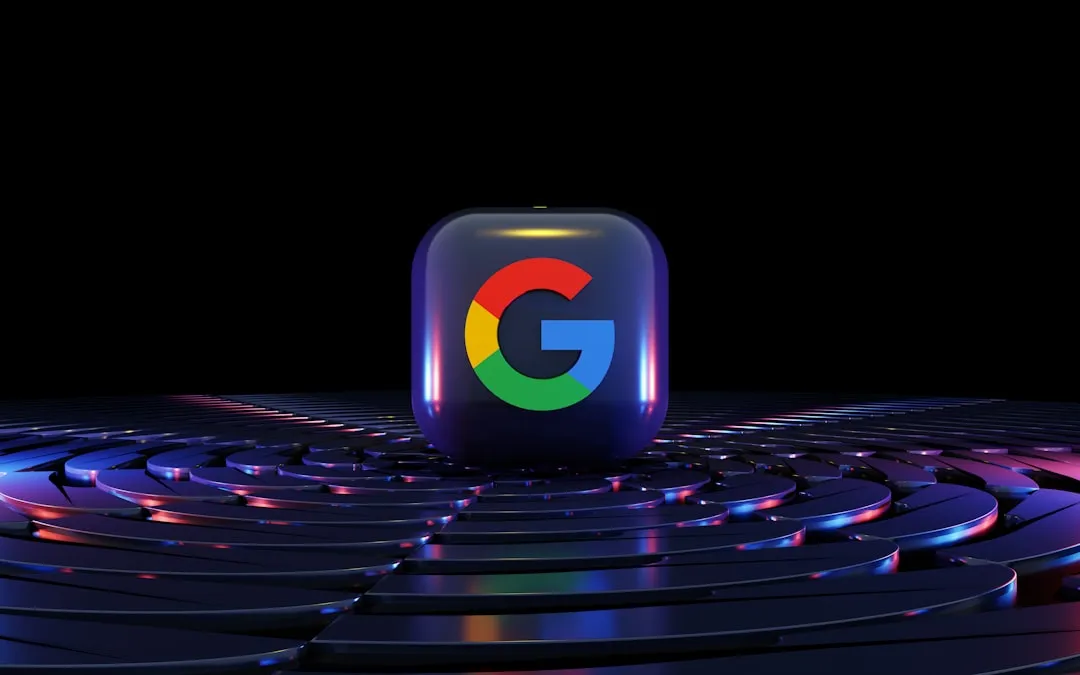

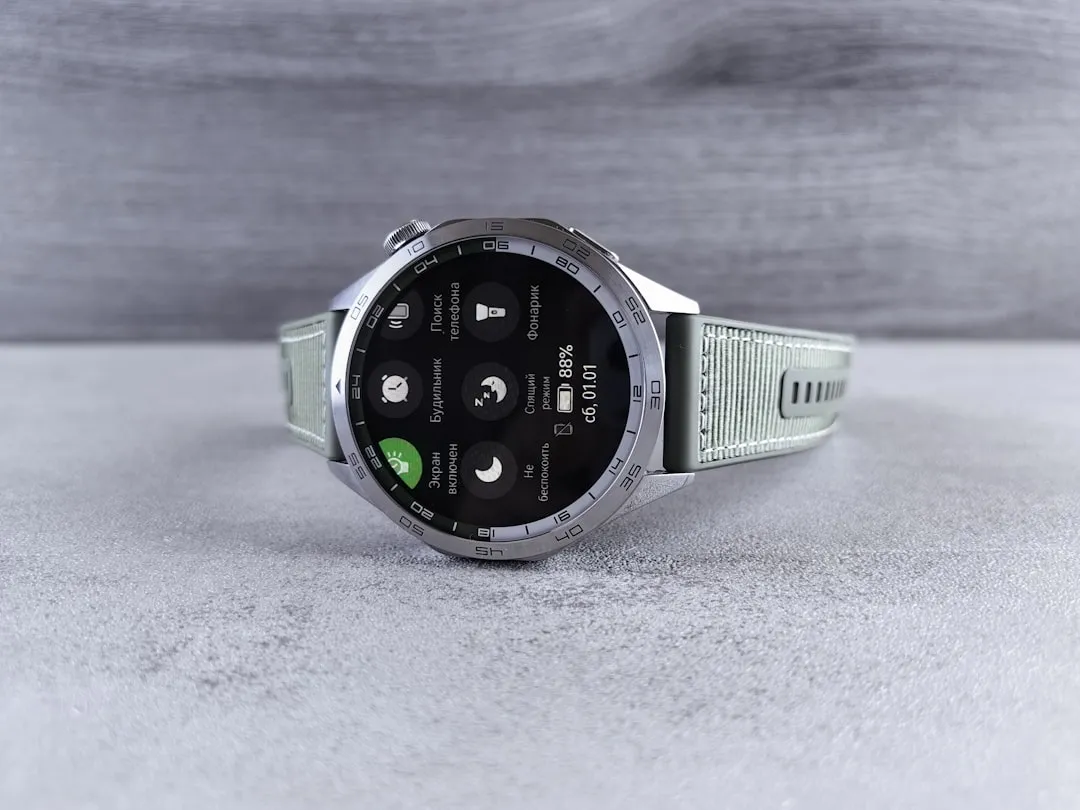


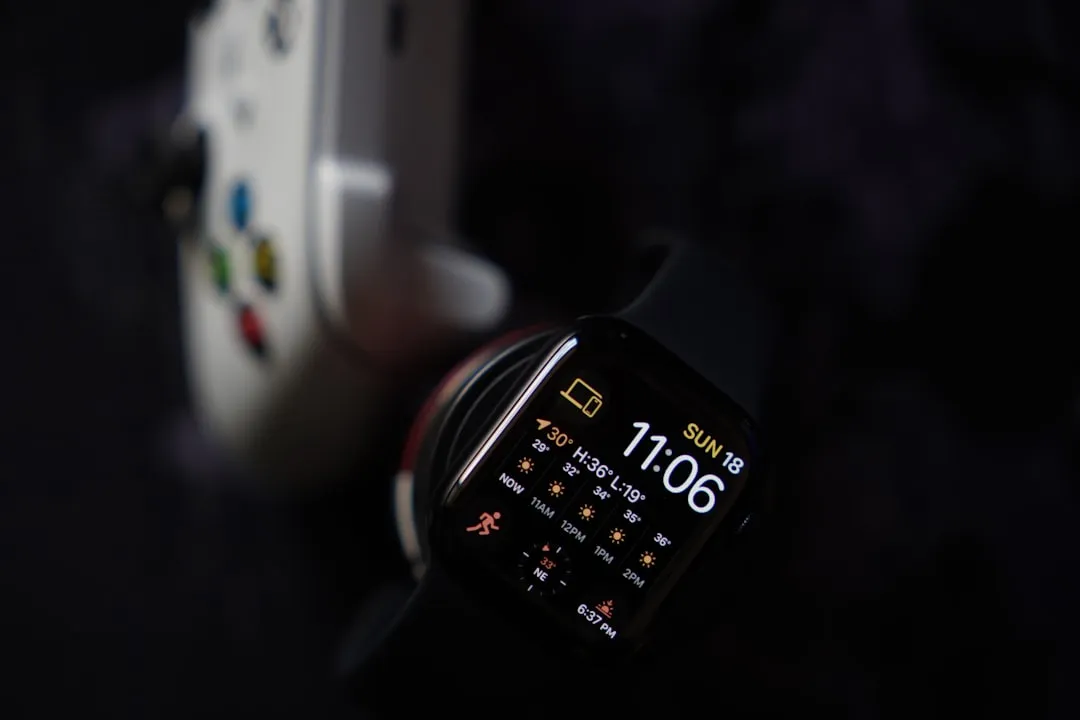

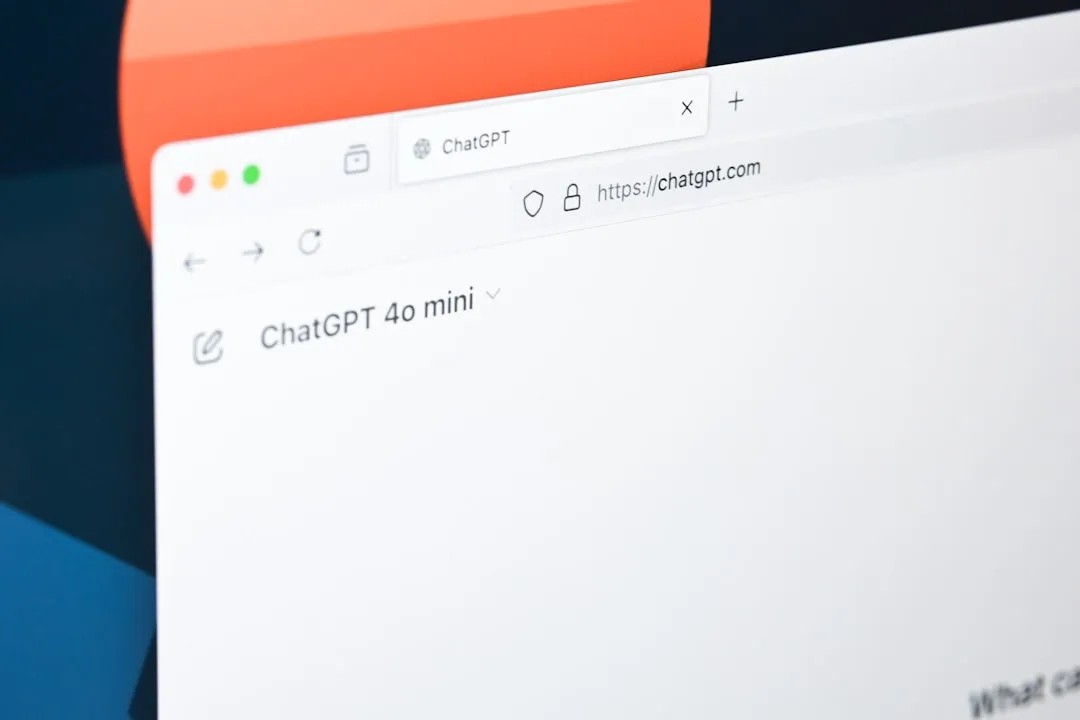
Comments
Be the first, drop a comment!